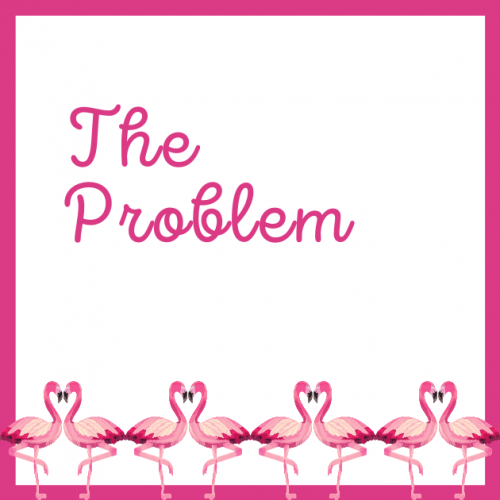I have wanted to write a post like this for some time. It’s purely self-indulgent, and usually, when I write my thoughts, there is clarity, and my posts write themselves.
However, therein lies the “problem” because I have no clarity
Today’s post is about this “problem.”
I can safely say it started with Harry and Meghan’s interview with Oprah. The surrounding conversations it evoked were reminiscent of our pre-pandemic public discourse and more. Social media has amplified our voices, and celebrities will be like fireflies courting publicity and limelight. Don’t get me wrong: even without stretching my imagination, I believe every word Harry and Meghan said, and I empathise with them. However, the Royal family is cripplingly dysfunctional – that is almost their unique selling point – as is their bigotry and bias. How anyone would conclude a family deriving its wealth from colonisation was not racist is beyond me.
Layered on top of this is our emotional bandwidth, and resilience is at an all-time low, making us viciously harsh taskmasters. Seeing some of the bone-crushingly insensitive arguments made against 100-hour investment bankers whinging and the temerity of Asian Americans sucking the bandwidth for African-Americans are testament to this.
What is the point I am trying to make
How we listen to each other is outcome-focussed: it’s sterile and feels like a board resolution to limit the lunch expense for employees to US$ 14.50 instead of the alternative, US$ 14.99.
The way we are taught in school or how to debate primarily appeals to our intellect and gets buy-in from our emotion. The goal is always to make the most persuasive argument. I am constantly trying to win, pitting me against everyone around me. I thought that was because I went to law school. But according to social media, that is s a fair few of us.
I find my conquistadora attitude suffocating and crippling because I don’t have all the answers to problems.
And I should be allowed to say (without fear of repercussions that):
“I don’t know what the answer is.”
“I am sorry that you are going through this; let’s together try and figure this out together.
“I feel your pain.”
“I am sad this happening.”
“I don’t have a view either way.”
And honestly, I don’t have a view on many things. I am not Asian American, but I understand the older generation’s perspective as an economic immigrant. Racism is one of many costs of doing business in a country that is not of your ancestor’s origin.
On the other hand, I recognise the frustration of millennial Asian Americans who are American first. Why should they have to defend themselves in their own homes? Many African-Americans share their frustration.
What am I fed up of doing?
I find it exhausting always to have to come to a conclusion of some description and to take sides. I call this a consequence of the polarising nature of (American) public discourse, but “polarisation” appears to have become a way of life for many of us…
A good starting point for me would instead be, “I feel your pain. I don’t have the solutions, and let’s work this out together.” When you are in pain or feel as if you are alone, what you need is someone else’s emotional resilience till things are ok.
Offering my support and kindness to the person I love, family or friends, makes me sentient.
What is it to be sentient?
It reminds me that I have a conscience and part of being a human being is the journey we make to find the answers.
We have forgotten that trying to find a solution and the journey itself are more important than the outcome.
Will I find all the solutions to problems? Probably not, but being a person with a conscience means I am going to try. It does not mean that when things super challenging, I take out my get out of free jail card (I don’t have the resilience to deal with this) and wash my hands of an issue.
In short, its time, I looked at myself and asked myself what makes me human.
